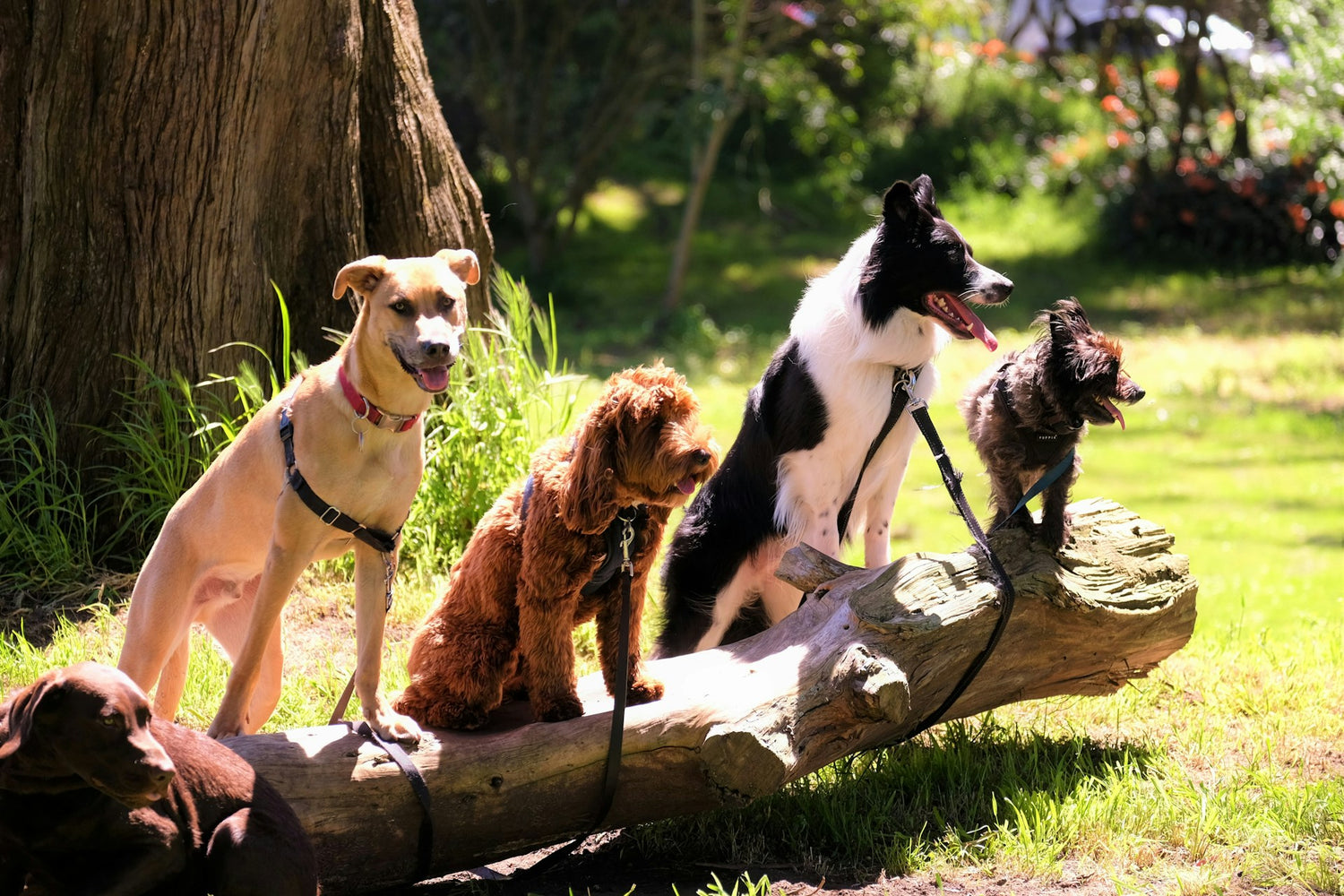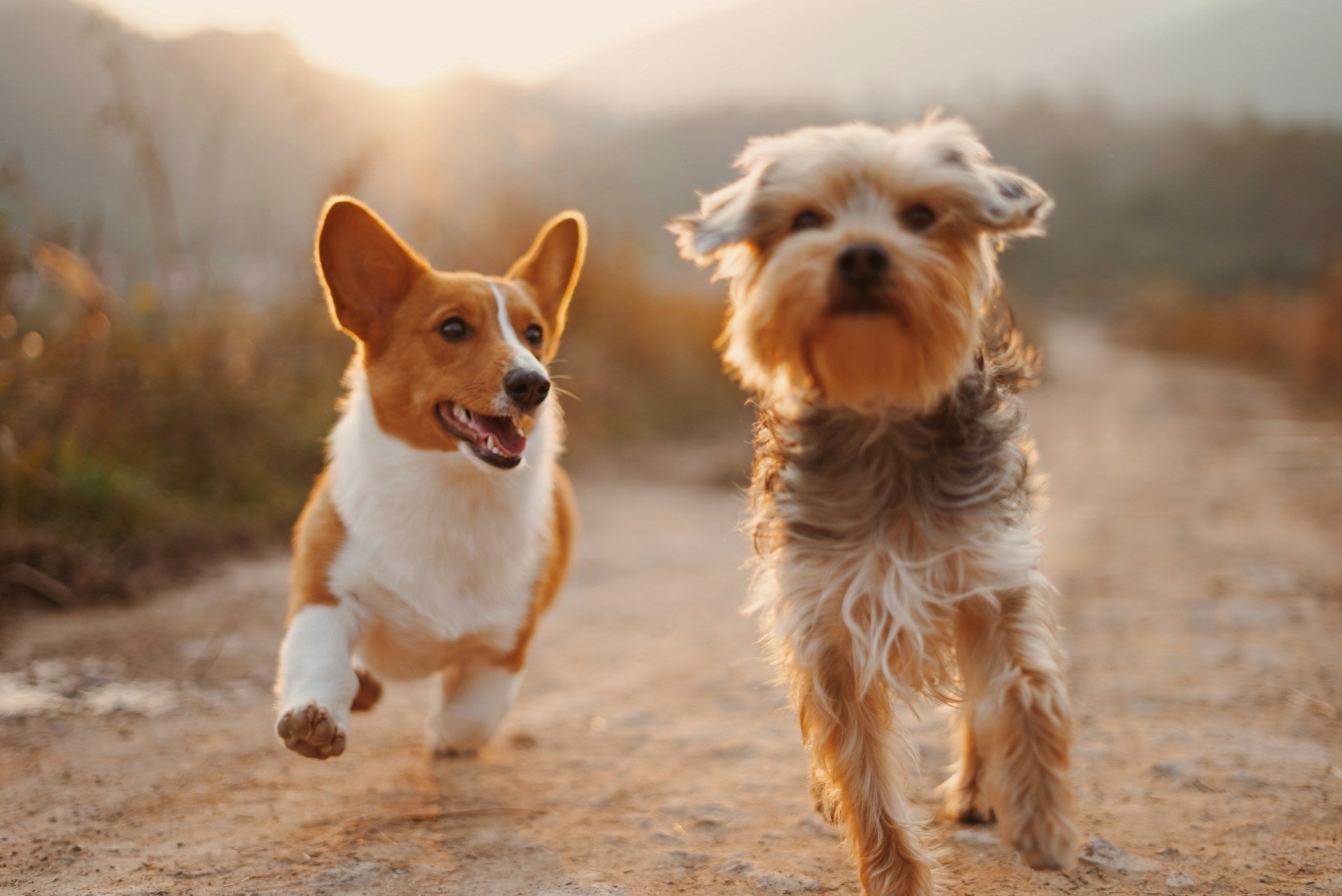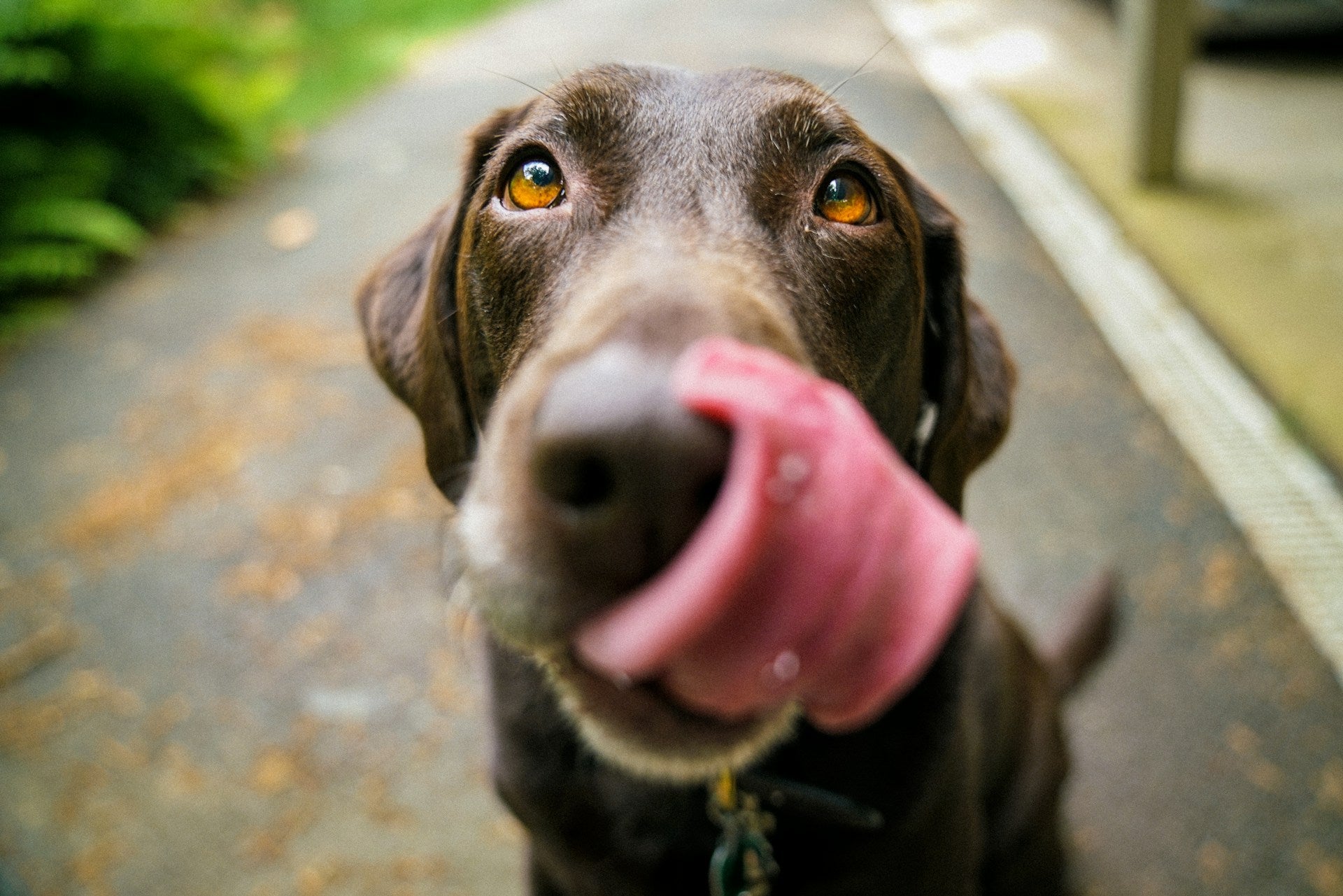Dogs are beautiful, loyal, and a lot of fun! But when it comes to actually getting a dog, they can be great for different reasons, and finding the right one for you could come down to which breed you choose. Dogs are for life, so it’s important to make sure you and your chosen breed are compatible and you should do your thorough research on dog breeds.
Think About Your Lifestyle
Before you think “which dog should I get?”, you should be asking, “does my lifestyle fit a dog?” You have to consider whether your home is appropriate to accommodate a dog and its needs. Most breeds will require a decent outside space, whether that’s a yard or a nearby park. It’s also important to have inside space for them to move about. Also, think about the size of the dog. If you want a big dog, you need a big space.
Are you active? If you find it difficult to walk for long periods of time, find a dog breed that doesn’t need to be walked too often or too far at a time. Examples of less active dog breeds are French Bulldogs, Miniature Dachshunds, and Basset Hounds. Or, consider adopting an older dog that has less energy, rather than a puppy who requires constant attention and a lot of walking. If you are an avid runner or walker, there are definitely dogs that will happily keep you company while outdoors, such as Border Collies, Whippets, and Labradors.
Consider Potential Allergies
Dogs often shed hair, which can pose another question on how it will fit your lifestyle. A dog may require you to vacuum up fur daily. Ask yourself if you are willing to spend the time cleaning up after a dog every day. If not, there are certain breeds that shed less, and some that don’t shed at all. Bear in mind that short-haired dogs also shed hair, so don’t assume they’ll be less cleaning hassle when thinking about which breed is right for you.
Also, are you or anyone you live with allergic to the hairs of certain breeds? The best thing to do is to spend some time with a dog of the same breed, and see whether anyone has a reaction. It is known that poodles are hypo-allergenic, so consider a poodle or a poodle mix if someone is allergic, like a cockapoo or labradoodle.
Ask Yourself Why You Want A Dog
Certain breeds are more skilled or prone to behaviours than others. Every dog has their own personality of course, but dogs of one breed will share characteristics – especially how quickly they can be trained!
If you want a dog that is more trainable to do tricks or jobs, research into which can do that. For example, German Shepherds are used as security guards, while Golden Retrievers can be extremely talented guide dogs. There are many more jobs different breeds can do so it is worth reading up on it. On the other hand, if you want a trainable dog to take part in shows and to groom, a Spaniel might be what you want – they are amazingly intelligent and obedient.
If you want a dog for cuddles or companionship, some breeds are more willing to get cosy than others. Greyhounds, Springer Spaniels, and Beagles are among some of the breeds that will more likely be snuggling up to you on the couch. Families with young children will want a patient dog, such as a Labrador or Pug.
Dogs Can Be Costly
If you are buying a dog, you will find some breeds to be far more expensive than others. The most expensive breeds in the UK are, for example, English Bulldogs, Chow Chows, and Rottweilers. If you are looking to spend less money, there are less expensive breeds to buy. Or, have you considered adopting a rescue dog, or a mixed-breed mongrel?
Not only is there the initial cost, but there is the question of pet insurance, the health problems that the dog may have, and how much food they need. Some breeds are more susceptible to illnesses or joint problems, such as Labradors, German Shepherds, and Dachshunds, while some might lose their hearing more easily, such as Dalmatians and Jack Russell Terriers.
It is actually believed that mixed-breeds tend to have fewer health issues!
Space Requirements for Different Breeds
Depending on where you live, the space available to you can be a major factor in deciding which dog breed is best for you. Small apartments are often better suited for smaller breeds like Chihuahuas or French Bulldogs, while larger homes with backyards can accommodate bigger dogs like Golden Retrievers or Great Danes.
Activity Levels of Different Breeds
Dogs have varying energy levels, and it's crucial to match your dog's activity needs with your own. High-energy dogs like Border Collies or Siberian Huskies require lots of exercise and mental stimulation, whereas low-energy dogs like Bulldogs or Shih Tzus are more content with shorter walks and relaxation.
Living Arrangements and Dog Compatibility
Urban living might not be suitable for all dog breeds. Some dogs thrive in the hustle and bustle of city life, while others may prefer the peace and quiet of a rural setting. Additionally, consider the dynamics of your household. Breeds like Beagles or Labradors are known for being good with children, while some breeds may be better suited for quieter homes.
Shedding and Grooming Needs
Shedding can be a big consideration for some dog owners. Breeds like Pugs and German Shepherds shed a lot and require regular grooming. On the other hand, breeds like Poodles and Bichon Frises shed minimally and are often recommended for people with allergies.
Training and Behavioural Traits
If ease of training is important to you, consider breeds known for their intelligence and trainability, such as Border Collies or Poodles. Conversely, some breeds like Afghan Hounds or Basenjis are known for their independence and can be more challenging to train.
Companionship and Affectionate Breeds
Some dogs are more inclined to seek out affection and companionship. Breeds like Golden Retrievers, Cavalier King Charles Spaniels, and Greyhounds are known for their loving nature and often enjoy close contact with their owners.
Specific Roles and Tasks for Dogs
If you have specific tasks or roles in mind for your dog, such as hunting, guarding, or therapy work, it's essential to choose a breed that excels in those areas. For instance, German Shepherds are excellent for security, while Labrador Retrievers are often used in therapy and assistance roles.
Health Considerations by Breed
Different breeds are prone to specific health issues. Researching these tendencies can help you prepare for potential future health problems. For example, Dachshunds are prone to back issues, while larger breeds like Great Danes may have shorter lifespans and susceptibility to heart conditions.
Cost of Owning a Dog
The cost of owning a dog goes beyond the initial purchase or adoption fee. You need to consider food, grooming, veterinary care, and other miscellaneous expenses. It's important to budget accordingly to ensure you can provide a good life for your dog.
Conclusion
Choosing the right dog breed requires careful consideration of your lifestyle, living arrangements, and what you want in a dog. By understanding the needs and characteristics of different breeds, you can find a dog that will fit seamlessly into your life and bring you years of joy and companionship.
FAQs
How do I know which dog breed is right for me?
Consider your lifestyle, living space, activity level, and what you want in a dog. Research breeds that match these criteria.
Are mixed-breed dogs healthier?
Mixed-breed dogs often have fewer health issues due to genetic diversity, but this isn't a guarantee.
What are the best dog breeds for families with kids?
Breeds like Labrador Retrievers, Golden Retrievers, and Beagles are known for being good with children.
How much should I budget for a new dog?
Consider the initial cost, food, grooming, veterinary care, and other miscellaneous expenses. This can range from a few hundred to several thousand pounds per year.
What are some low-maintenance dog breeds?
Breeds like Bulldogs, Greyhounds, and Shih Tzus are relatively low-maintenance in terms of grooming and exercise needs.
For more information on dog care and natural health solutions for your furry friends, view our full product range here




Leave a comment
This site is protected by hCaptcha and the hCaptcha Privacy Policy and Terms of Service apply.